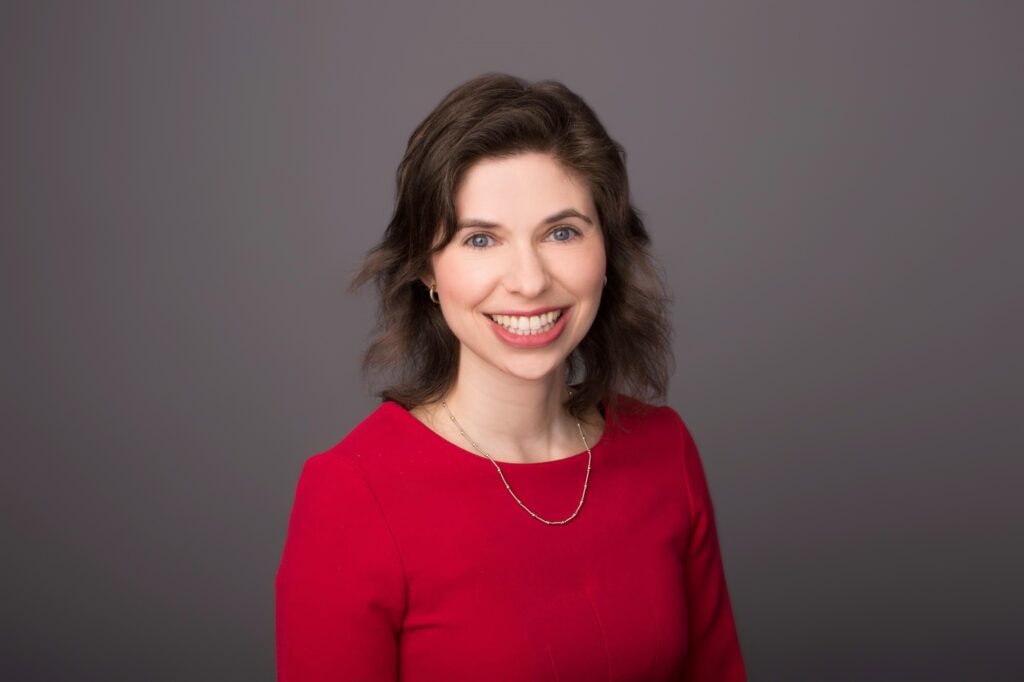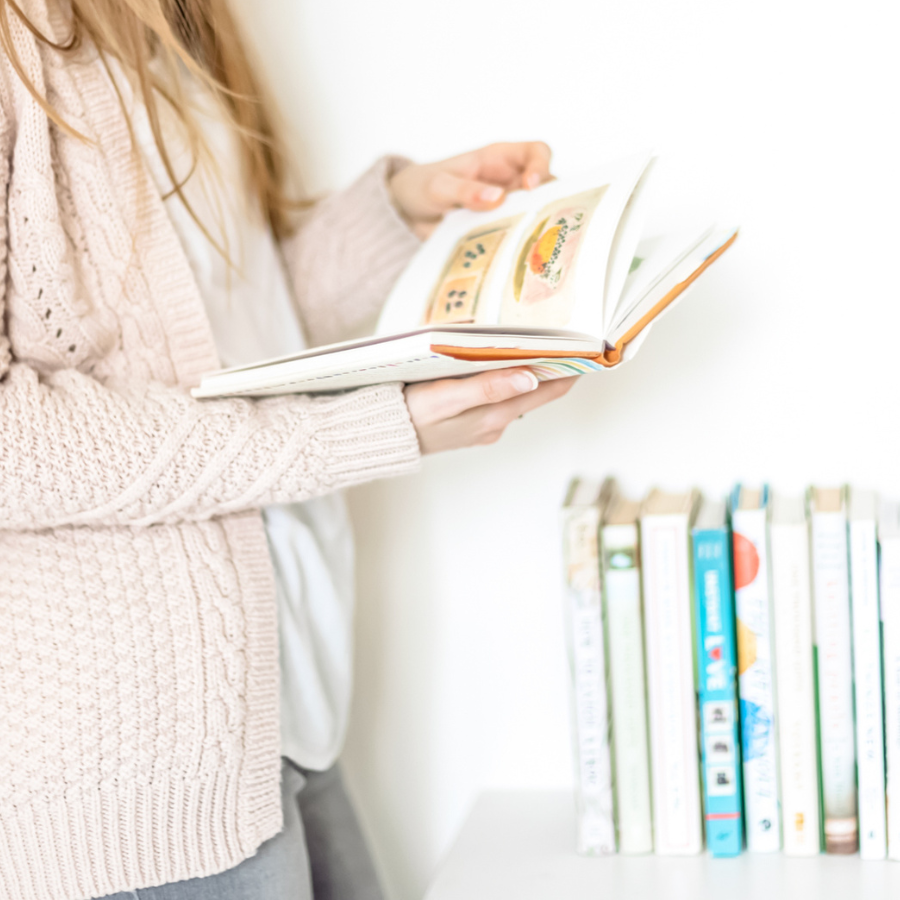This post may include affiliate links, which means we make a small commission on any sales. This commission helps Feminist Book Club pay our contributors, so thanks for supporting small, independent media!
Where are the romance lovers, smutty readers, and meet-cute seekers at? Even if romance isn’t your thing, that’s ok, hopefully by the end of this post you gain a better understanding of the genre and are maybe even inspired to give it another try.
Growing up, I would walk up and down bookstore aisles, spending so much time reading books’ synopses to try and determine which titles dealt with stories that included romantic relationships and complicated partner dynamics. It wasn’t until my early twenties that I discovered the romance genre existed. A friend turned to me at a bookstore when she noticed what I was doing and said, “you know there’s a whole genre dedicated to romance and relationships.” My life was forever changed and I will be indebted to my friend until the end of time.
In order to get a little closer look at the romance genre and the publishing industry, I had the privilege to speak with Erin Galloway.
Erin is the Director of Publicity for Berkley. She has worked with many bestselling authors, including Carley Fortune, Jasmine Guillory, Ali Hazelwood, Helen Hoang, Jayne Ann Krentz, Nalini Singh, and Jesse Sutanto. Erin holds a master of publishing degree from Pace University and counts herself lucky to have made a career out of falling in love with great books and telling others why they should love them too. Her passions include food and wine, both of which are best accompanied by a book.

How did you discover your appreciation for the romance genre?
I discovered romance as many young readers do, by seeing the books on my mom’s shelf and getting curious. I started reading romance at 14 and I’ve never looked back!
Where should one start if they are new to romance?
There are so many ways to enter the romance genre and I usually try to tailor my recommendations to the person. For example, if someone believes romance isn’t for them, but they love historical fiction, I may suggest they start with Chanel Cleeton’s, Next Year in Havana. While not strictly romance, it has a wonderful romance plotline and might interest them in checking out the genre further. Then I can suggest other fantastic historical romance authors like Evie Dunmore and Liana De la Rosa.
Similarly, if a reader loves rom-com films, I’ll recommend authors like Jasmine Guillory, Ali Hazelwood and Ashley Herring Blake. And of course, the list goes on. For example, if you tell me you were a huge fan of the Vampire Diaries or Shadowhunters TV shows, then I’ll recommend you read Lana Harper’s Thistle Grove series (Jordy Note: I’ve written about Back in a Spell before) or Nalini Singh’s Psy-Changeling series (starts with Slave to Sensation) or Guild Hunters series (starts with Angels’ Blood).
I find that no matter what else is going on in a novel, most readers enjoy a story where the protagonist falls in love and ends the story in a healthy, fulfilling relationship or with the promise of one because the desire to be seen, heard, and loved for who we are is universal.
What can readers learn from the genre and its authors?
One of my favorite things about the romance genre is that it’s a beautiful blend of reality and aspiration. Novelists reflect the world we live in and can give us a glimpse of something better—ideally a more inclusive and accepting world we’re capable of having if we all work toward it. At its best, romance can also model how to have important conversations about physical intimacy. Discussions around consent, preferences, likes and dislikes aren’t only important, but they can be downright sexy in a romance novel. That can be true in real life as well. I’ve heard from many readers who use a romance novel they’ve read as a tool to bring up a particular topic with their partner.
How has the genre become more inclusive in terms of race, religion, gender and sexuality?
The romance genre has always had writers from historically underrepresented communities who were writing characters that reflected their lived experiences. Of course, not nearly enough of those authors or books have been traditionally published or widely accessible. That is changing, especially as more writers and readers come to the genre. It’s heartening to see that readers can now more easily find indie and traditionally published romance novels that center the experiences of people of all racial and ethnic backgrounds, religion, ability, sexual orientation, and gender expression. I believe the number of books that more accurately reflect the world we live in will only increase in the years to come.
Have romance books become more explicit with their sex scenes, and if so, why have we seen this trend?
I think sex scenes are cyclical as anything else in publishing like cover art or subgenre trends. There are authors who have always written extra steamy scenes because that is simply how they write. Of course, there are also authors and readers who prefer a closed door or only a glimpse. Sex scenes certainly aren’t required in a romance novel. Watching people fall in love and form an emotional bond is what really makes us swoon. Personally, I love my romance with spice, but to each their own! To answer the question, what changes is what is most popular with readers at a given moment. For example, Fifty Shades ushered in a real boom in erotic romance . Erotic romance had existed for many years prior to that series, but suddenly a lot more readers understood it was something they liked and that there was a specific term they could use to find the type of reading experience they wanted. Now, after several years of fun, banter-filled rom-coms being popular, it’s not a surprise that some readers are looking for romances with more spice, which is why we’re seeing so much excitement for a book like Lana Ferguson’s The Nanny.
Editor’s Note: While the Fifty Shades of Grey books while a watershed moment for the popularity of certain kinds of romance novels, it has serious issues with respect to how it portrays the BDSM dynamics and is widely considered as truly portraying an abusive relationship. Even ASTROGLIDE wrote about it!
How are feminism and the romance genre connected?
I think feminism and the romance genre are connected because they both want anyone who identifies as female to have the equity, agency, and resources they need to lead a fulfilling life. The romance genre has always explored issues that are at the heart of our lives, including everything from education and career to familial, platonic, and romantic relationships, a person’s experience of their sexuality and gender, and a person’s right to make decisions about their own life and body.
Where do you think the romance genre could improve?
While most people can now see themselves reflected on the page of a romance novel, we still need many more books that center the experiences of BIPOC, LGBTQIA+, and neurodiverse people as well as people of all abilities. The more inclusive the genre is, the better it is for all readers. Romance has the power to inspire readers to find the sorts of healthy relationships they deserve and to have important conversations about relationships and intimacy. All people deserve to have those things in their lives and our genre should better reflect that.
What is the publishing industry doing correct right now and where is it still falling short?
My perception of the industry is influenced by my privilege and I’ve only worked for two different companies, spending most of my career at Berkley. At Penguin Random House specifically, I appreciate the company’s commitment to corporate responsibility, including our green initiatives and our commitment to fighting book bans. As part of our DEI [diversity, equity, and inclusion] initiatives and to offer better access to all aspiring writers my imprint also began an Open Submission program for unagented writers. I know other companies have their own important initiatives in these areas as well.
With all that said, more work can always be done. I believe our company and others should and will continue to bring in candidates of diverse backgrounds and experiences who will bring important perspectives to both the books we acquire and the ways we promote them.
The thing that heartens me is that I work with people who have a deep, abiding passion for books and learning and who are motivated to work toward a better and more inclusive future.
What are some of your favorite romance books?!



This is so interesting! I love all the recommendations!!